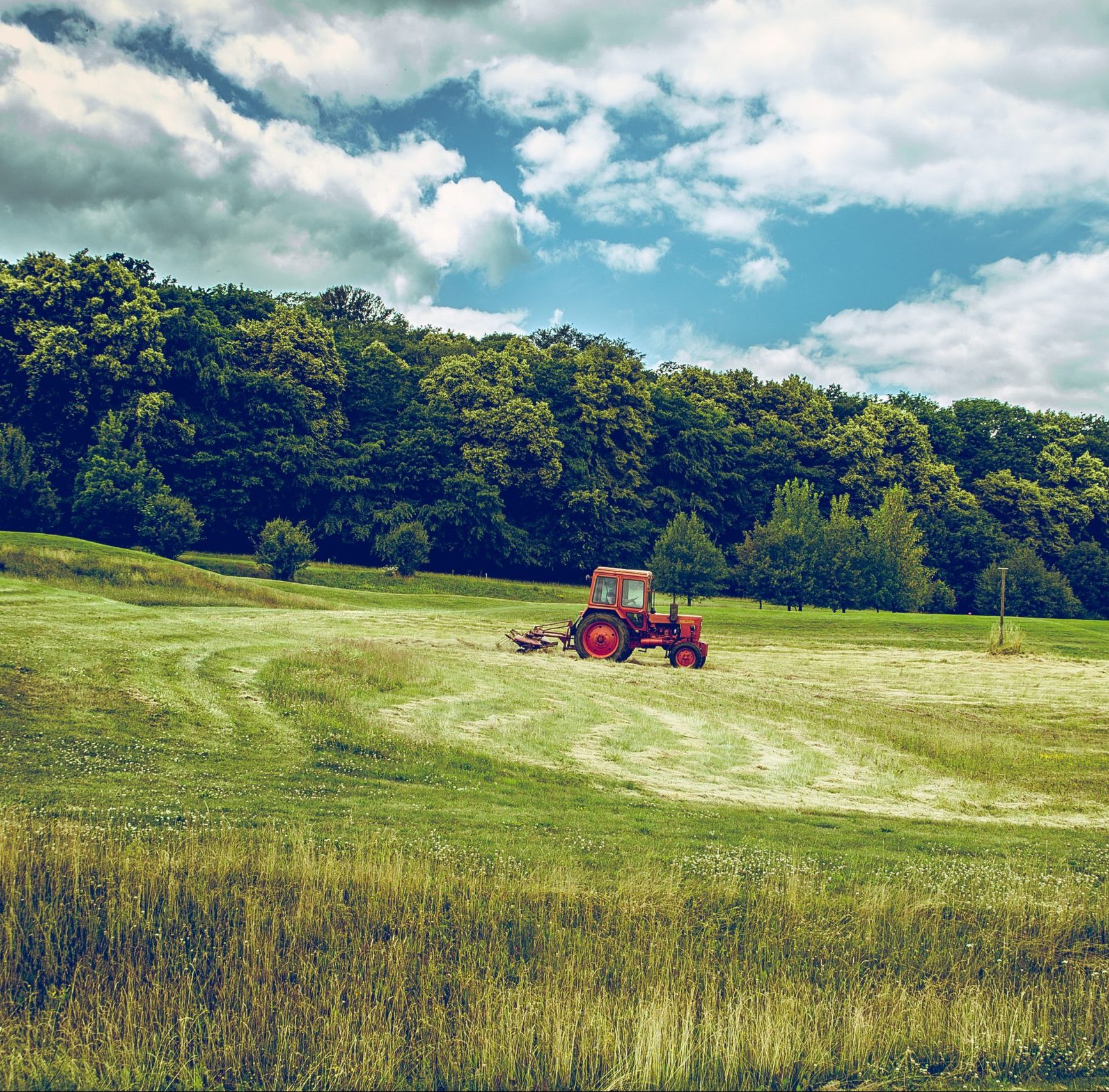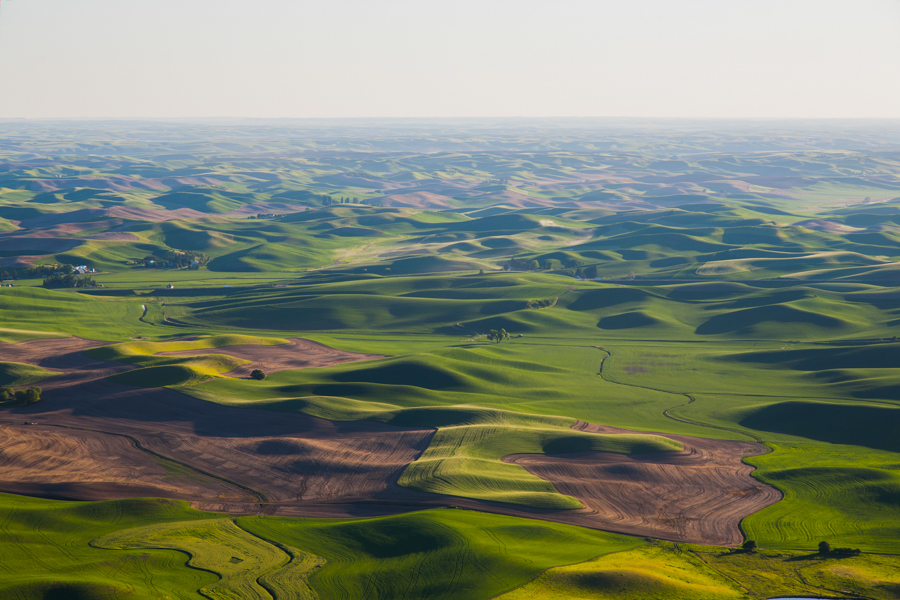Are you a farmer with a
Climate Smart Agriculture grant proposal concept?

Data Ownership & Privacy Matters!
We’re committed to privacy and personal control of data.
Note: All data collected is used for this Program only and is not shared with others without permission of the submitter.
+ What's required to create an excellent proposal?
In brief…
- Vision of the Impact. Defining how the project will advance the underserved who have been typically disadvantaged when attempting to access agriculture related grants resources;
- Commitment to Excellence. The journey from intention to completed execution will consume several hours by many of us. In order for this to be meaningful for everyone involved, it requires holding the perspective that we are going on an adventure together. We may have unexpected setbacks or even more likely, moments of pure joy and Grace as all the parts come together.
- Alignment on Values. Foundationally, Planetary CARE is all about building thriving, healthy and prosperous human enterprises. Our mission includes regenerating the planet in whatever form that may take. We are committed to a harmonious and fun dance with our partners and collaborators as our actions demonstrate dignity, equity, compassion and humility.
If you have the vision, commitment and alignment to lift your local community, we can assist in filling any gaps between your vision and a proposal that gets traction.
+ June 6 is coming soon, is there enough time?
Short answer. Yes! If we are clear on our Impact, Commitment and Alignment.
We all understand that we have a tight deadline. Many details involving multiple parties have to be agreed to.
Fortunately the team at Planetary CARE has been developing relationships with these very busy founders and leaders of companies who provide every product and service needed to meet all the requirements of the Partnerships for Climate Smart Commodities except…
YOU! as you provide the essential direct link to the farming community in need that has not received government support in the past. Together we can design a proposal of excellence.
Qualifying farmers want to leave the soil better than ever! They may include a substantial portion of farmers who identify as permaculture, regenerative agriculture, organic and use innovative methods outside of the conventional agriculture model.
+ What happens once this form is submitted?
Here’s the Farm Operator steps:
- Submit the form
- Forms reviewed by the PCARE team.
- An assigned PCARE person will reach out to schedule a 30-60 minute call. The purpose is to connect and review the details provided in the form.
- After a PCARE discussion, we will make contact to a) ask some more clarifying questions; b) let you know that it doesn’t seem to be a fit and if you plan to proceed anyway, then see how we can support your process; c) schedule a call with the core grant team and other PCARE colleagues as appropriate.
- In this meeting, we will then answer any final clarifying questions and decide if we are going forward together or not.
- If the decision is yes, we will focus on a productive timeline together.
- Our sprint together begins…
+ Here's a couple scenarios
Building thriving, healthy and wealthy farming communities has been accomplished. There are not a lot of them. Most of them occur organically and slowly. However, with climate change upon us, we need to accelerate the process. It’s not about money, though without the needed financial resources it is substantially more difficult.
Trusted local leaders capable of bridging the various silos in our regional food ecosystems are vital pieces of the puzzle. Planetary CARE has the structure and the relationships with solid companies to deliver all the services needed for projects that can elevate the health of entire communities. You, the committed farmers and food system participants are the ones to make it happen.
+ Food desert scenario
Scenario 1 – Sustainable Eradication a Food Desert under $5,000,000.
Elements required:
- Farmers producing crops supplied directly or as ingredients in food products to the community where the food desert exists.
- Commitment of deployment of carbon negative practices. Often this is a combination of soil health inducing inputs, fossil fuel conversion to renewable energy and reduction of chemical fertilizers and other inputs.
- Local food system collaboration partners in your community’s food distribution ecosystem who are familiar with the challenges to increasing local food resiliency. This may be community foundations, NGOs, leaders of local food system initiatives who already have developed trust with food hubs, farmers, land owners, food service buyers, local government and business owners who are dedicated to building a thriving, healthy and wealthy community benefiting all community members.
- In particular, connecting with faith communities, food banks, NGOs, community development investment companies and financial institutions serving the community.
- Regen Ag farm services companies. These are small companies who have the requisite skills to make a successful small company if they have some support and startup capital. They provide various services to local farmers to promote such things as positive impact of water retention, greater biodiversity and carbon sequestration but don’t have the time or resources to go it alone.
- Trusted intermediary. This is likely a business to business social enterprise that may be organized as a cooperative. Their role is to bring together all the resources needed to have platform-based marketplace that aggregates supply and demand. Generally this aspect is done by having three or four food hubs working together and having sales people who secure food services buyers. Additionally, they can manage the logistics for waste crops, acquisition of forward contracts for crops and convening local gatherings and festivals.
+ $5m thriving community food ecosystem scenario
Scenario – Building a regional food supply chain based on soil health under $5,000,000.
Elements required:
- Farmers producing crops supplied directly or as ingredients in food products to communities classed as underserved or disadvantaged
- Commitment of deployment of carbon negative practices. Often this is a combination of soil health inducing inputs, fossil fuel conversion to renewable energy and reduction of chemical fertilizers and other inputs.
- Local food system collaboration partners in your community’s food distribution ecosystem who are familiar with the challenges to increasing local food resiliency. This may be community foundations, NGOs, leaders of local food system initiatives who already have developed trust with food hubs, farmers, land owners, food service buyers, local government and business owners who are dedicated to building a thriving, healthy and prosperous community benefiting all community members.
- Local milling and advanced dehydration. These convert pershables into long shelf-life powder ingredients and enable the near elimination of waste crops once the logistics system is in place.
- Food manufacturer who blends and packages for resale or final consumer on a small enough scale to enable the development of local brands.
- Regen Ag farm services companies. These are small companies who have the requisite skills to make a successful small company if they have some support and startup capital. They provide various services to local farmers to promote the positive impacts of water retention, greater biodiversity and carbon sequestration but don’t have the time or resources to go it alone.
- Trusted intermediary. This is likely a business to business social enterprise that may be organized as a cooperative. Their role is to bring together all the resources needed to have a platform based marketplace that aggregates supply and demand. Generally this aspect is done by having three or four food hubs working together and having sales people who secure food services buyers. Additionally, they can manage the logistics for waste crops, acquisition of forward contracts for crops and convening local gatherings and festivals.


If you have questions prior to submitting the form, contact us through this form. Or you may call us at +1 (307) 387-9222 and leave a detailed message.
